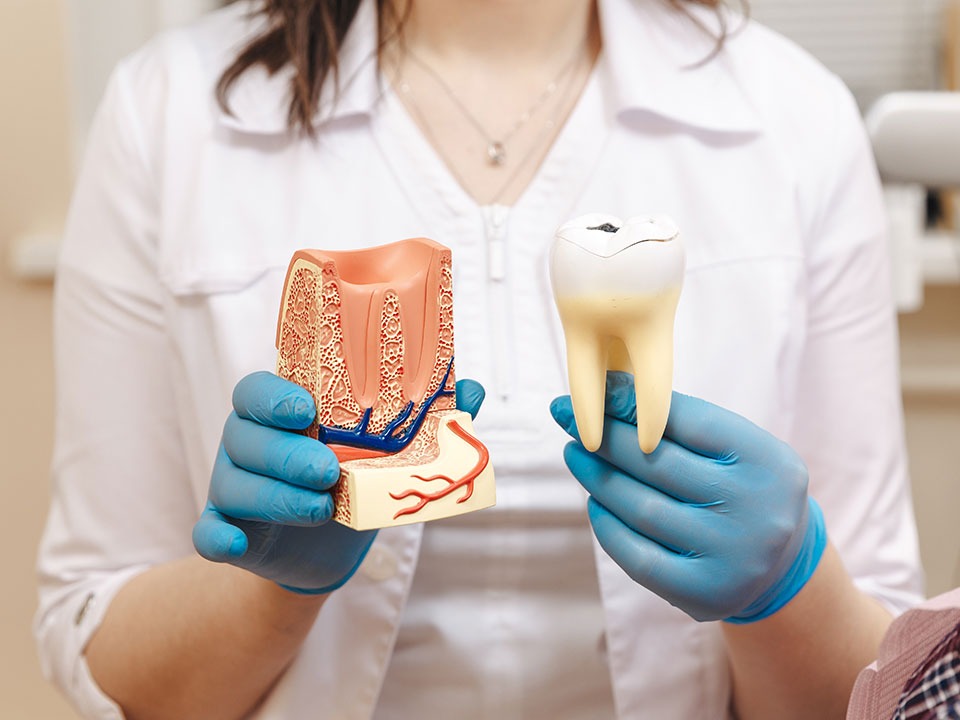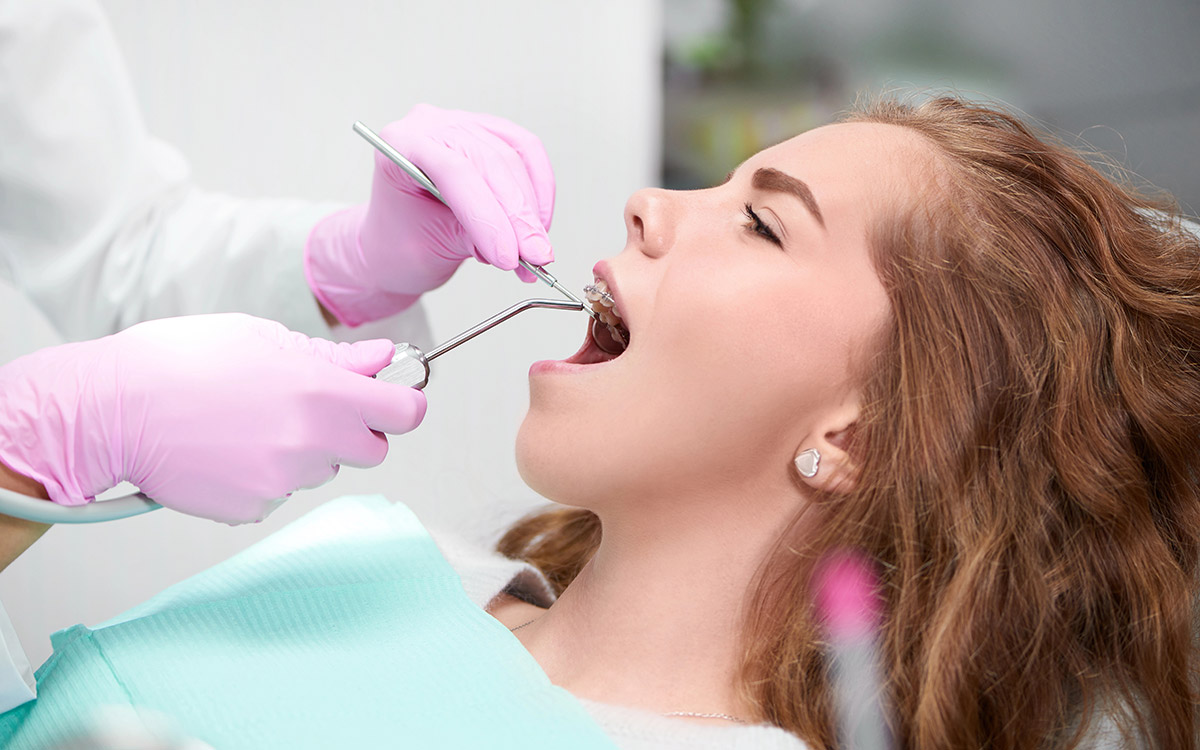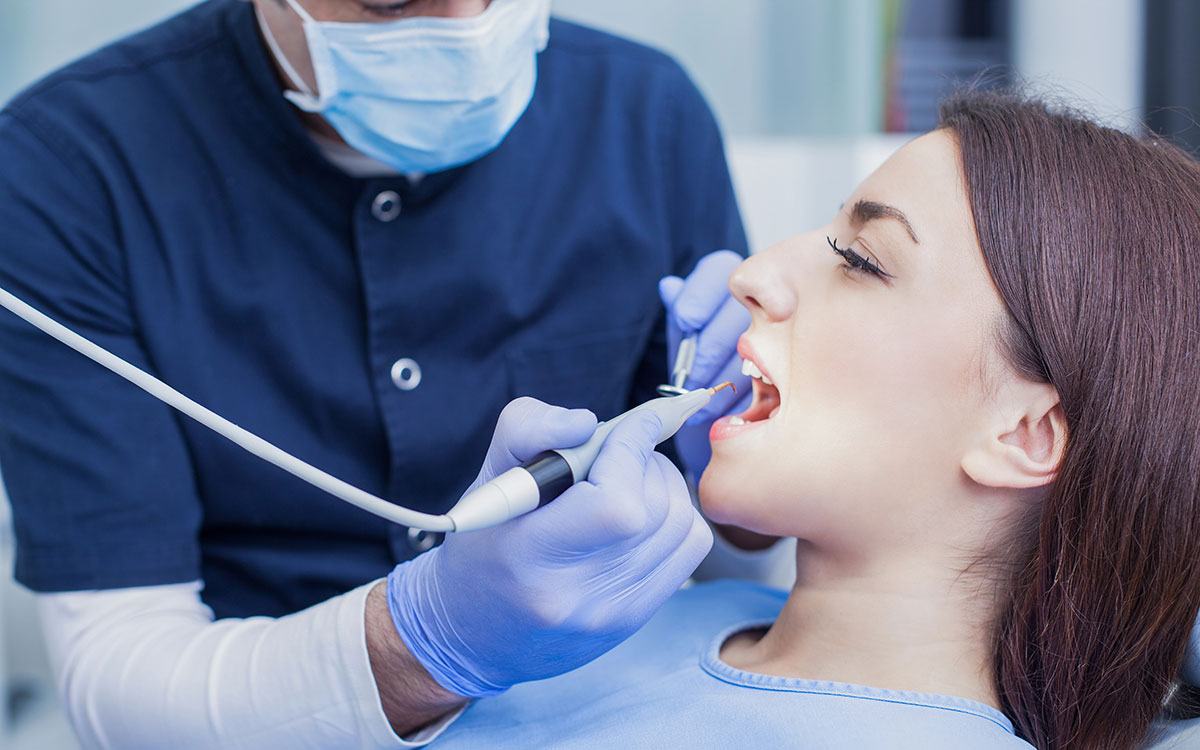Artificial enamel is a new technology that could transform the oral health of millions of people suffering from tooth decay and other oral diseases. Researchers have developed a breakthrough material that protects teeth from decay, remineralizing and repairing tooth enamel.
Here is all you need to know about artificial enamel.
Artificial Enamel Could Transform Oral Health
Researchers are hopeful that artificial enamel can be used to restore your teeth, and it’s the first of its kind: it’s made from the same substance as your natural tooth enamel.
A global oral health report by WHO shows that an estimated 3.5 billion people are affected by oral diseases. According to the same study, nearly 514 million children have primary teeth dental issues.
It’s clear that something needs to change to prevent this from getting worse and artificial enamel is the solution.
Tooth Enamel
Tooth enamel is the hardest substance in your body. It protects your teeth from damage and is the outer layer of your teeth. It is made up of minerals like calcium and phosphorous. These minerals give tooth enamel its hardness. They are arranged in a way that allows them to bond together tightly, creating a protective layer around each tooth.
The enamel protects against decay by protecting the softer dentin underneath it.
Is The Artificial Enamel Harder and More Durable Than The Real Teeth?
According to researchers, artificial enamel is tougher and more durable than real teeth.
The researchers developed a synthetic enamel stronger than the natural mineral found in teeth. They also found their composite material more resistant to wear and tear than natural enamel.
While most materials degrade when exposed to fluoride ions over time, their new material doesn’t change its properties even after months or years of exposure. It could last longer than current dental materials, such as composite resins made from plastic polymers, which can only last for five years before needing replacement due to degradation caused by bacteria.
Importance of Enamel
It protects your teeth from bacteria, acids, and other substances that can damage them. If your enamel is damaged, your teeth are more susceptible to decay and cavities.
Enamel protects your teeth from damage caused by contact with other tooth surfaces, food and drink, and other outside forces. It also prevents decay by covering the crowns of your teeth and protecting them from acidic foods and drinks that can break down enamel.
Problems Affecting Enamel
The common problems affecting enamel include;
- Substandard dental care: Failure to take care of your teeth by brushing and flossing as required or failure to go for dental checkups can result in damaged enamel.
- Cavities: If the bacteria in your mouth get into the tooth through a crack or chip in the enamel, it can cause decay, leading to cavities if left untreated.
- Acidic foods and drinks: The acids found in certain foods and drinks can cause damage to the enamel layer leading to decay or sensitivity.
- Corrosive dental cleaning products: Dental cleaning products that contain acidic ingredients can erode the enamel, leading to sensitivity and cavities.
- Grinding your teeth: Over-grinding of the teeth can lead to chipping and cracking of the enamel. It can also lead to tooth fractures.
- Smoking or using other tobacco products contributes to enamel erosion since these substances contain harmful chemicals for teeth and gums.
- Tooth decay. It happens when bacteria in plaque on teeth react with sugars in food and drinks to produce acid that damages the tooth surface.
How to Protect Your Enamel
When you’re young, your enamel is strong and resistant to bacteria. But as you age, it starts to weaken and become less effective at fighting cavities. Protecting your enamel makes them strong and healthy.
Here are some tips for protecting your enamel:
- Brush your teeth twice daily with a soft-bristled toothbrush
- Floss once daily to get rid of plaque buildup between teeth
- Avoid eating hard candy or chewing gum
- Eat a balanced diet
- Use toothpaste and mouthwash that contains fluoride
- Avoid smoking or chewing tobacco
What Causes Tooth Decay and Cavities?
Tooth decay, or cavities, occurs when the enamel on your teeth is damaged. It is weakened by bacteria that live in your mouth.
A combination of bacteria, food particles, and acid causes tooth decay and cavities.
Several things can weaken your enamel, including;
- Sugary foods and drinks
- Brushing too hard
- Certain medications
- Gingivitis
- Tannins in tea, coffee, and red wine stain the surface of your teeth.
Tooth decay and cavities are prevented by brushing your teeth twice a day with fluoride toothpaste, flossing once a day, having regular dental checkups, and avoiding sugary foods and drinks.
Could artificial enamel help prevent tooth decay?
Artificial enamel, a composite material made of hydroxyapatite and a polymer binder, is stronger than natural enamel.
In 2022, researchers from Peking, Michigan, and Beihang Universities published a paper demonstrating that artificial enamel can be stronger than natural and is more resistant to wear. The researchers concluded that artificial enamel could be used in dental applications as a substitute for natural enamel.
They also found that applying artificial enamel to teeth could protect them from bacterial infection.
This study suggests that artificial enamel might be an effective way to prevent tooth decay.
Artificial Enamel Is the Future of Oral Health
It’s ideal for patients with sensitive teeth who have been unable to find a solution to their discomfort, and it’s also the perfect option for those who want to avoid invasive procedures like root canals. Artificial enamel can be used to restore teeth that have cavities or other problems.
Although artificial enamel is still under research, it holds a great future in eliminating dental issues. Researchers have also indicated that the enamel is made from an affordable material and can be produced in large quantities; thus, it will be affordable. The enamel offers protection against decay and other forms of damage but still looks just like natural teeth.







